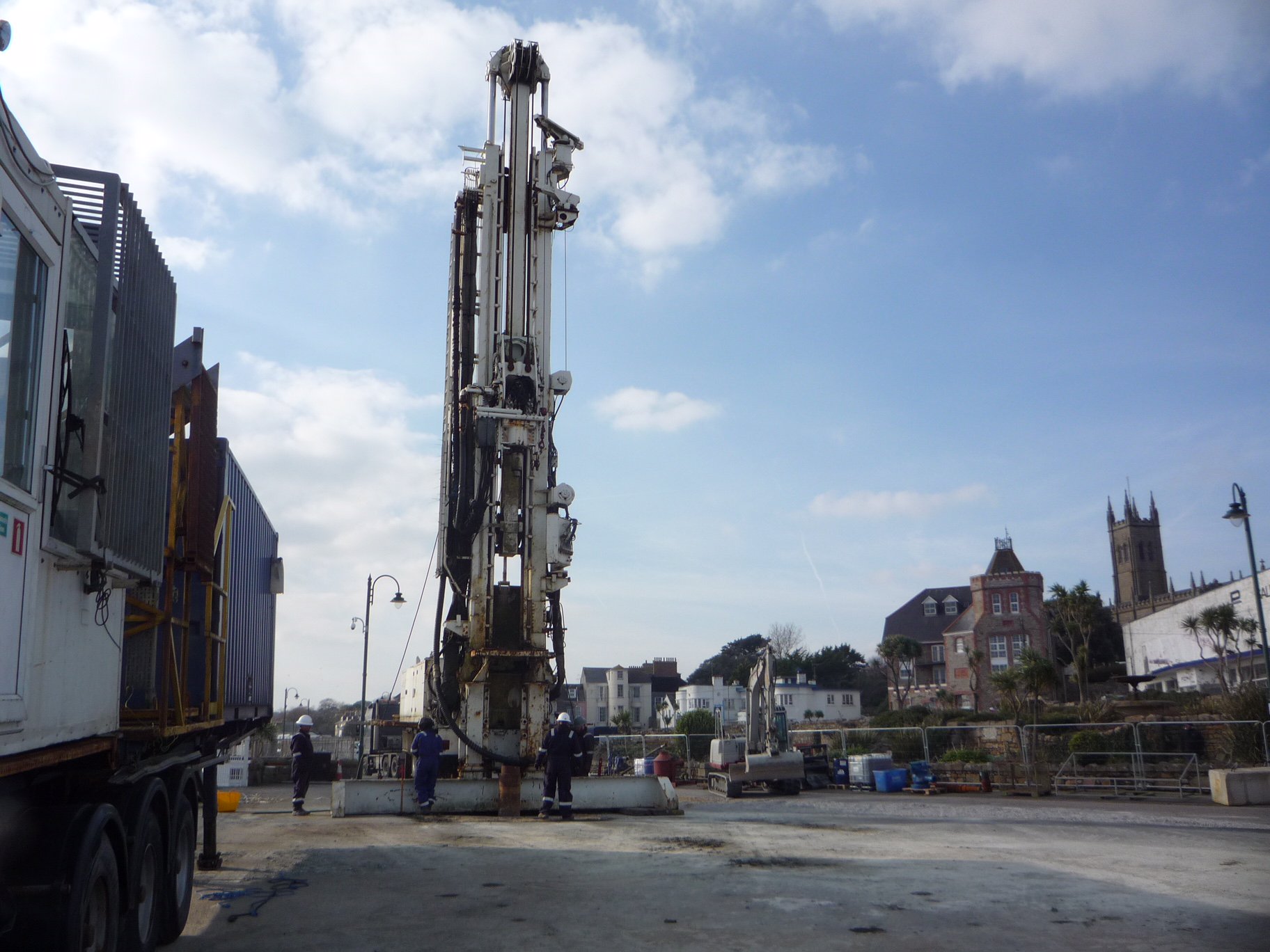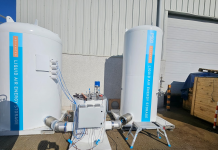The Renewable Energy Association has welcomed a government-commissioned report which identifies geothermal heat as a means to “level up” struggling communities.
Prime minister Rishi Sunak commissioned Dr Kieran Mullan, MP and geothermal expert, to review the technology’s potential. Technologists from Durham University’s Energy Institute contributed.
Their report ‘Dig Deep: Opportunities to Level Up through Deep Geothermal Heat & Energy” pointed out that geologically promising areas for the technology mapped closely onto 45 economically disadvantaged local authorities.
More than 40 per cent of locations identified as having the highest geothermal potential fall within the 100 poorest areas qualifying for economic the UK Community Renewal Fund, the report notes.
“The overlap,” wrote Mullan, ”presents massive opportunities for investment in deep geothermal to contribute to the UK’s Levelling Up agenda that aims to reduce economic imbalances between areas and social groups across the UK”.
Mullan and his colleagues claim geothermal heat can be compete on cost with other low carbon energy sources such as nuclear and green hydrogen made under the Green Gas Support Scheme.
A fixed tariff for heat extracted from deep bores could spur the development of up to 350 geothermal plants by mid-century, together producing 15,000 GWh every year, the report envisages.
“A tariff based approach would transfer the risk from the taxpayer to industry in comparison to grant based support”, the MP argues. “ It would also enable the scale needed to bring down costs and reduce risk.”
Pumping the earth’s natural heat to power local heat distribution records could create up thousands of high quality jobs, Mullan concluded.
At the Association for Renewable Energy and Clean Technology, policy director Frank Gordon, responded:
“We would like to thank Kieran Mullan MP for publishing this report and being a friend to the geothermal industry.
“Deep geothermal heat and power is an established renewable energy technology in Europe, and the UK holds significant potential for developing deep geothermal heat, particularly in rural and levelling up areas.
“Government now needs to deliver a comprehensive geothermal strategy without delay, including policy support to help the industry get off the ground. Meeting the Government’s Net Zero ambitions requires a complete range of renewable and clean technologies to all play their part, and geothermal should not be left behind.
Last month the government picked out seven state-of-the-art geothermal systems and heat networks to receive £91 million from the government’s £288 million Green Heat Network Fund.
The seven projects include pumping heat from over 5,000 meters under Cornwall, and using it to extract heat from granite rocks beneath an industrial site in Langage.
The Green Heat Network Fund opened in March 2022 to public, private and third sector applicants in England. It will run to 2025.





Deep geothermal heat source would be a great start to greening communal housing, but difficult to organise for private dwellings and small commercial properties when we need both. The present government subsidy of £6,000 for a ground source heat pump (GSHP) makes no sense when the Energy Savings Trust suggests the cost would be more than £30,000, so £6K is no incentive to install a GSHP
Considering that a GSHP is at least 4 times more energy efficient in delivering heating than a hydrogen gas boiler powered by electrolytic hydrogen, it is time that Government advisors update their understanding of how a GSHP works and advise the Government to introduce proper support for the installation of GSHPs.